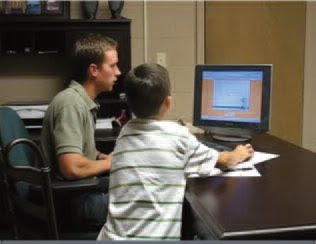We all remember our favorite books from our childhood... the images, the characters and the lessons we learned by watching the characters. Stories can be a powerful way to introduce skills to children.
The Legend of the Regulators and the SECRET List, written by best-selling author Brad Chapin, engages children in the adventures of Tomas as he struggles to complete his quest to save his children.
This unique story takes children on a journey to discover the secrets of a long, healthy, happy life. Help Tomas unlock the Secrets as he travels through the Caves of Calm, the Forest of Feelings and the Labyrinth of Lies to reclaim the pieces of the Secret List of the Regulators.
This book also takes advantage of hidden pictures and symbols to really tap into a child's curiosity and engage them in searching through the amazing artwork of illustrator Kayann Ausherman.
This interactive, adventure story allows children to join Tomas on his quest to unlock the mystery of the Regulators’ Secret List. Travel with Tomas on his quest to help his children succeed and to discover the Secrets of a long, healthy, happy life.
Self-Regulation skills have been shown to increase academic performance, positive social interaction, physical health, emotional wellness and performance in many areas of life. Get your copy today!!
For more Self-Regulation Training Resources, visit www.selfregulationstation.com




